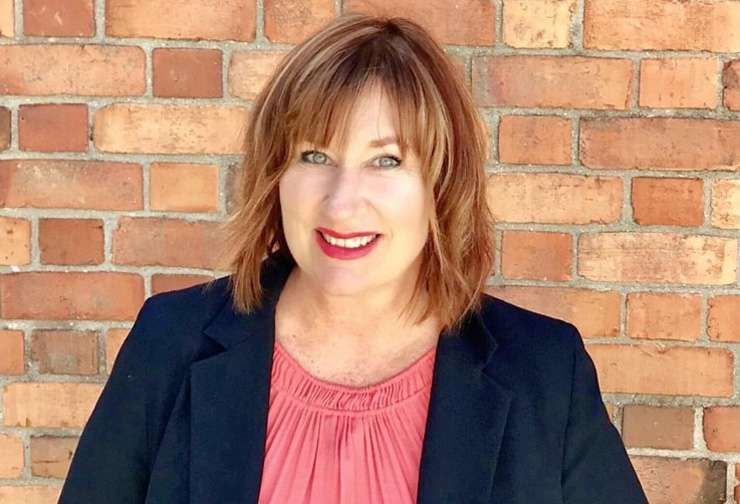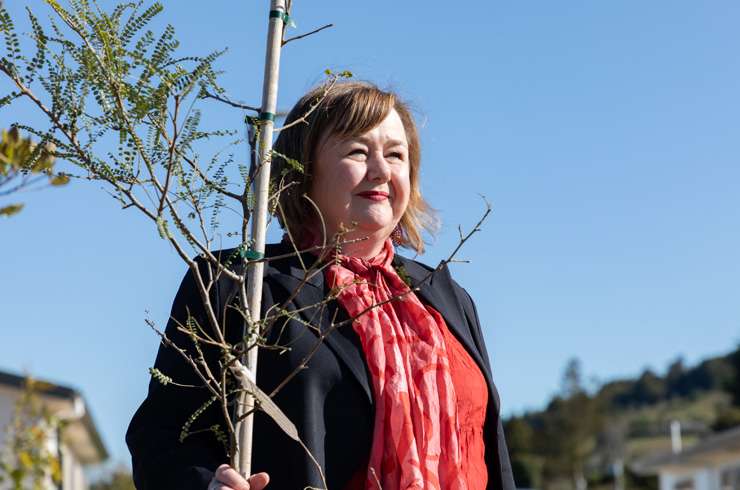The majority of home buyers accessing the government’s First Home Loan scheme are new arrivals to New Zealand, mortgage brokers have told OneRoof.
But they also claim that overseas applicants face less scrutiny than New Zealand citizens, leading to criticism that the scheme is open to abuse.
Brokers told OneRoof that there is no sure way for them to know how much debt a new arrival has or if they own property overseas.
They often have to rely on a signed declaration from overseas applicants, and are taking it on good faith that they plan to live in their new purchase as their permanent home.
Start your property search
The First Home Loan scheme allows beneficiaries to buy a house with just a 5% deposit, rather than the standard 20%, and is aimed at helping more Kiwis get into their first home.
The loans are issued by participating lenders, including Westpac and Kiwibank, but are underwritten by the government’s housing arm, Kāinga Ora.
In the 12 months to the end of March this year, 883 properties were bought using the scheme, a jump of 491% on the previous 12 months.
Read more:
- Ghost homes no one wants to buy: Is NZ’s housing market in danger of turning Japanese?
- More pain store? Why mortgage interest rates are still climbing in NZ
- NZ's next housing crisis: 'You can’t build more houses if there’s no money in it'
But Kāinga Ora does not have a breakdown of the residency status of applicants, saying it is up to individual lenders to make sure applicants have met the criteria for the loan.
New Zealand citizens, permanent residents and resident visa holders are able to access the loan if they have an income of no more than $95,000 or $150,000 for a couple, and are first-home buyers.
Previous homeowners are also allowed to access the loan if they are in a “similar financial position to a first-home buyer”, according to Kāinga Ora.
A Kāinga Ora spokesperson, who is responsible for the operational aspects of the product, says the eligibility criteria and the application process is the same for all applicants irrespective of their residency status.
“It is incorrect to imply that one residency group benefits at the expense of another, or that some applicants face restrictions that other applicants do not.”
A spokesperson for Te Tūāpapa Kura Kāinga, the Ministry of Housing and Urban Development, which is responsible for setting the policies for First Home Loan, says it is happy with the uptake because the scheme is aimed at getting first home buyers in New Zealand on the property ladder and has never been limited to only New Zealand citizens.
But First Home Buyers Club spokesperson Lesley Harris says the scheme seems to be missing its purpose of helping Kiwis into their first homes, arguing that a “loophole” in the scheme allows new residents with properties overseas to invest in New Zealand using the government’s help.
She says there needs to be more scrutiny of applicants to ensure they don’t own properties overseas.
“We don’t have global systems to track what people’s debt and home-buying history is in other countries,” she says.
She adds that new resident visa holders can “basically short circuit the system because they are not necessarily going to have visible debt and they are not necessarily going to have any visibility over whether they have owned a property or been on a title before”.
Harris says at the very least the criteria should be changed so people have a minimum of permanent residency status and are required to have lived in New Zealand for at least three years, which would also bring it in line with when people can access their KiwiSaver.
“It wasn’t meant to be to help new residents ... it was meant to help kids that are going through university and coming out the other end – committed Kiwis who are raising families here.”

EasyStreet Mortgages financial adviser Gareth Veale says the government needs to know who is using the scheme. Photo / Supplied

First Home Buyers Club spokesperson Lesley Harris: “It wasn’t meant to be to help new residents". Photo / Supplied
EasyStreet Mortgages financial adviser Gareth Veale agrees that the government should know who is benefitting from its investment because most First Home Loan applicants coming through his firm have only recently become eligible and some have been fully gifted the deposits.
Veale says while it is positive to see more people buying homes in their communities, which in turn benefits the housing market, the scheme could be open to abuse.
“New Zealanders often come with warts and baggage, which prohibits them such as shady credit, excessive short-term debt and dependents,” he says.
Loan Market mortgage adviser Dave Williams agrees that the First Home Loan scheme is a “no-brainer” for first-home buyers, noting that it opened up home-ownership to people who would otherwise struggle to save a 20% deposit on a house worth $750,000 to $800,000.
However, more than half of the clients he’s working with are on residency visas and he does not know why more citizens aren’t accessing the scheme.
“We should be writing more for New Zealand citizens because all you really need to do is earn under $150,000 as a couple and be in the same job for 12 months.”
Williams says one of the reasons the scheme may be more favourable towards new residents is because they have very little, if any, short-term unsecured debt, whereas Kiwis often have a car loan, as well as Q Card or GEM Visa which significantly limits their lending ability.

Housing Minister Megan Woods announced changes to the First Home Loan scheme in April, upping the price caps to help more first-home buyers overcome the deposit barrier. Photo / Alex Cairns
On top of this, the level of scrutiny that lenders can carry out on people from overseas compared to New Zealand citizens is a lot less.
“They can’t do any checks to see whether these people have got credit cards or personal loans over in the Philippines or in India – there's no way of knowing,” he says.
“All we can do with the residents is scrutinise their statements and see what activity is going on their statements and we obviously need to ask the questions.”
Kiwi Mortgages mortgage adviser Jatinder Singh has also seen an uptick in new residents accessing the First Home Loan. “Most of the new residents who recently got their residency are actually buying a lot of houses,” he said.
“I don’t say that no one [citizens] is buying, yes there are a few, but if you are talking about the ratio then yes the ratio for resident visas are buying more first homes than the citizens.”
Harcourts Mount Roskill business owner Nick Kochhar says that of the first-home buyers active in his area, more than 60% would be new residents with First Home Loan approvals.
“For them they are realising this is the next step, we are already here, we already have residency – what else, what’s next.”
They usually have between $800,000 and $1 million to spend and favour new-builds in West Auckland and South Auckland, he adds.
A Kāinga Ora spokesperson says both the applicant and the lender are required to sign a declaration confirming the information is correct, which provides Kāinga Ora with assurance that the lender has conducted the appropriate checks to confirm eligibility.
However, if someone is found to have lied on their declaration Kāinga Ora could withdraw its support of the loan and it would then be up to the lender to decide whether to continue providing the loan outside of the First Home Loan scheme.
Te Tūāpapa Kura Kāinga, the Ministry of Housing and Urban Development, is also reviewing policy settings around house and income caps and the overall uptake of the product.
While the Government doesn't have a breakdown of residency status, it does look at how many Maori and Pacific peoples are using it as it attempts to boost the uptake in these groups.
OneRoof approached Housing Minister Megan Woods and National’s housing spokesperson Chris Bishop for a comment on the claims. Woods says she was unable to prior to deadline while Bishop declined to comment.






















































































